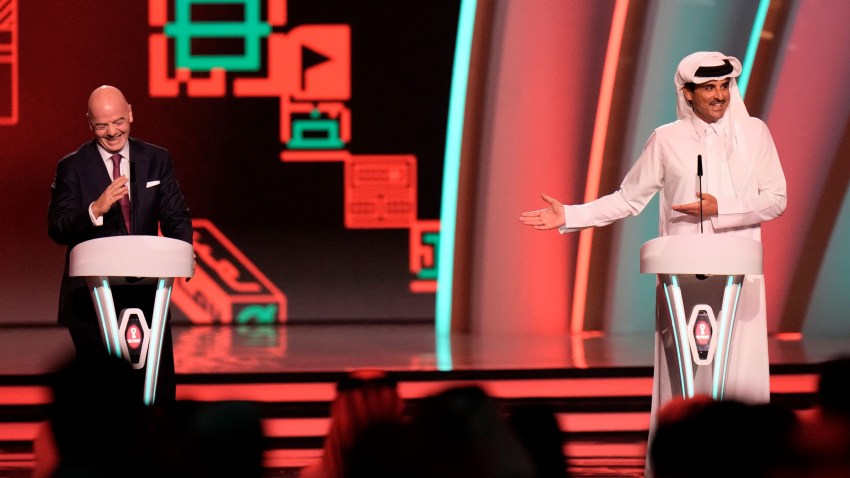For the past month, much of the world’s attention has been focused on the FIFA World Cup taking place in Qatar. From world leaders teasing one another over the proper name of “the world’s game”—football or soccer—to work productivity plummeting due to people watching the matches on their screens instead of attending to their tasks at hand, the tournament seems to have come at a good time, offering an escape from another year marked by war and political upheaval. The excitement has now reached a fever pitch ahead of this Sunday’s final match between Argentina and France.
But from the outset of the tournament, many have also been quick to point to its downsides, from accusations of corruption in the selection of Qatar to host the games in the first place, to human rights concerns due to the hundreds of migrant workers reportedly killed in building the stadiums in which the tournament is being played. Amid the outcry, even Sepp Blatter, who was the president of FIFA when Qatar was selected as host nation in 2010, apologized for what he called “a mistake.”
Of course, though FIFA has been singled out this time, controversy has long been associated with major international sporting events, be it the World Cup or the Olympic Games. Indeed, after it emerged that Salt Lake City was chosen to host the 2002 Winter Olympics largely because local officials had offered bribes to International Olympic Committee members, including paying the college tuition for one member’s child, the IOC changed its bidding process.

